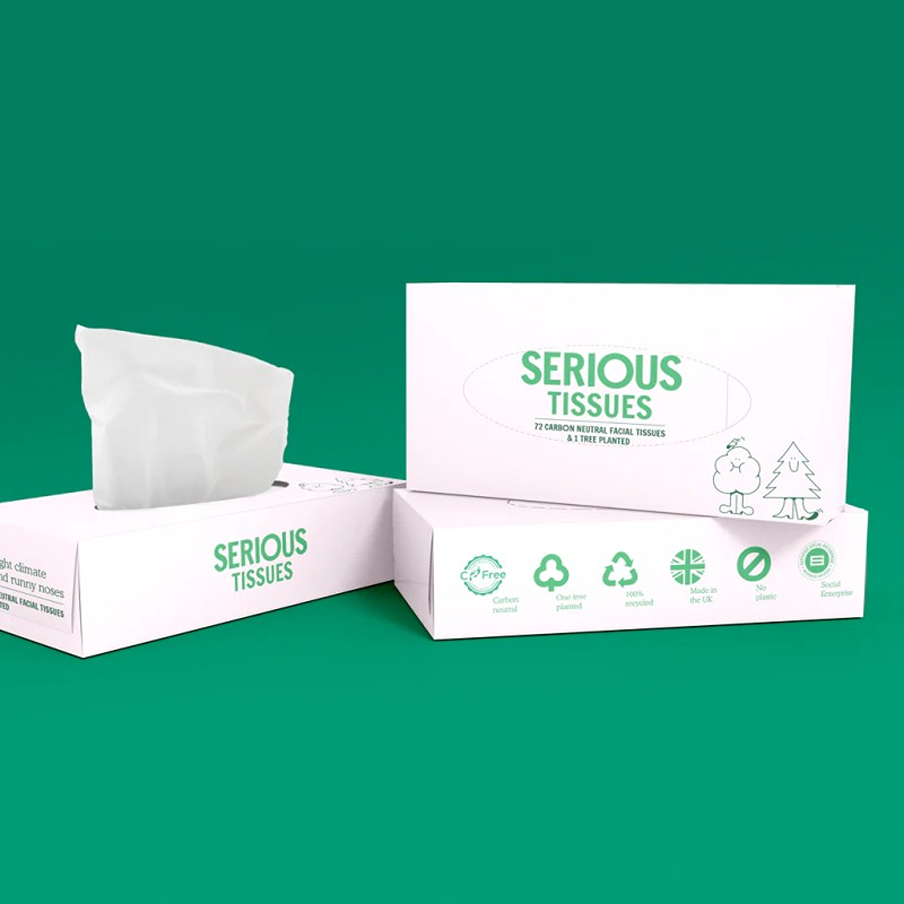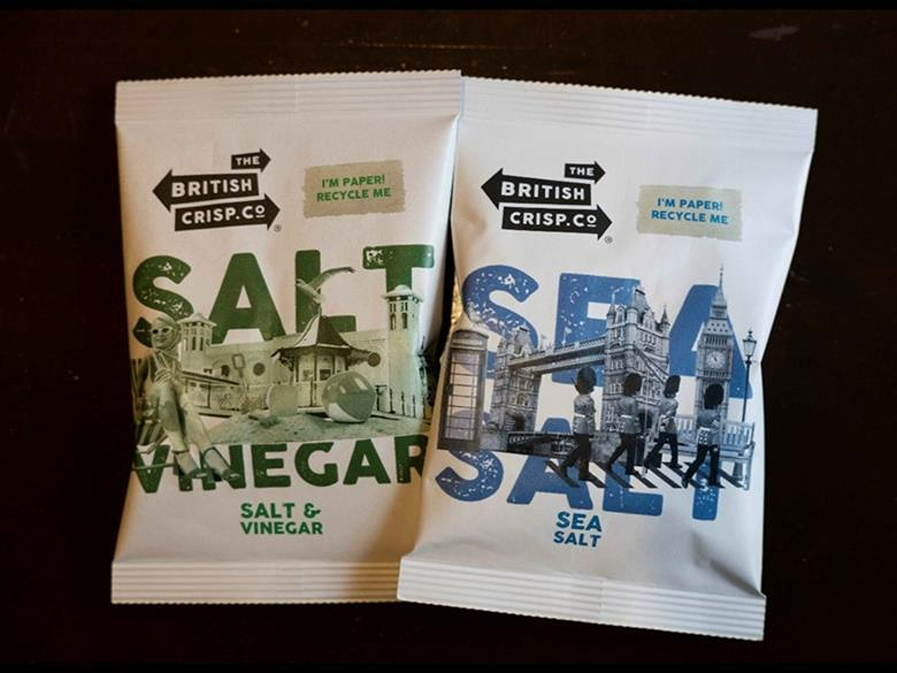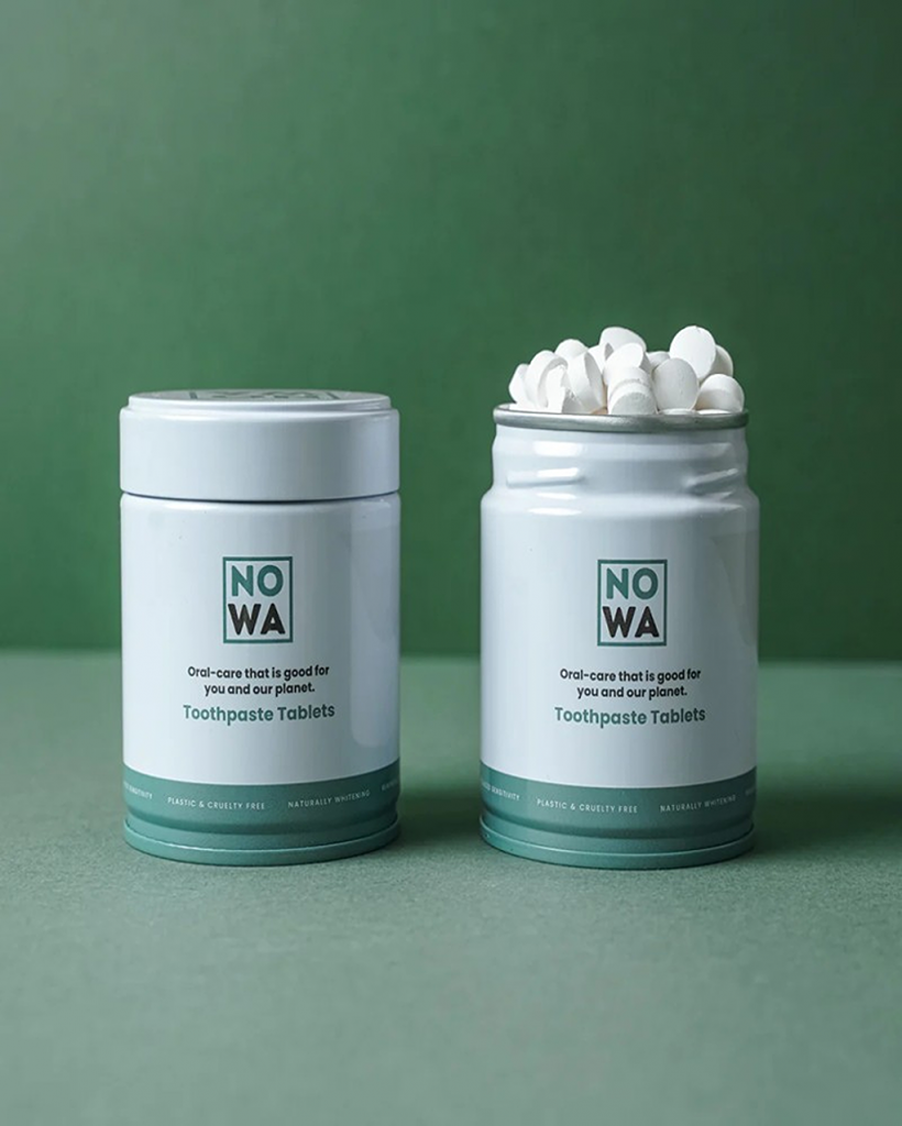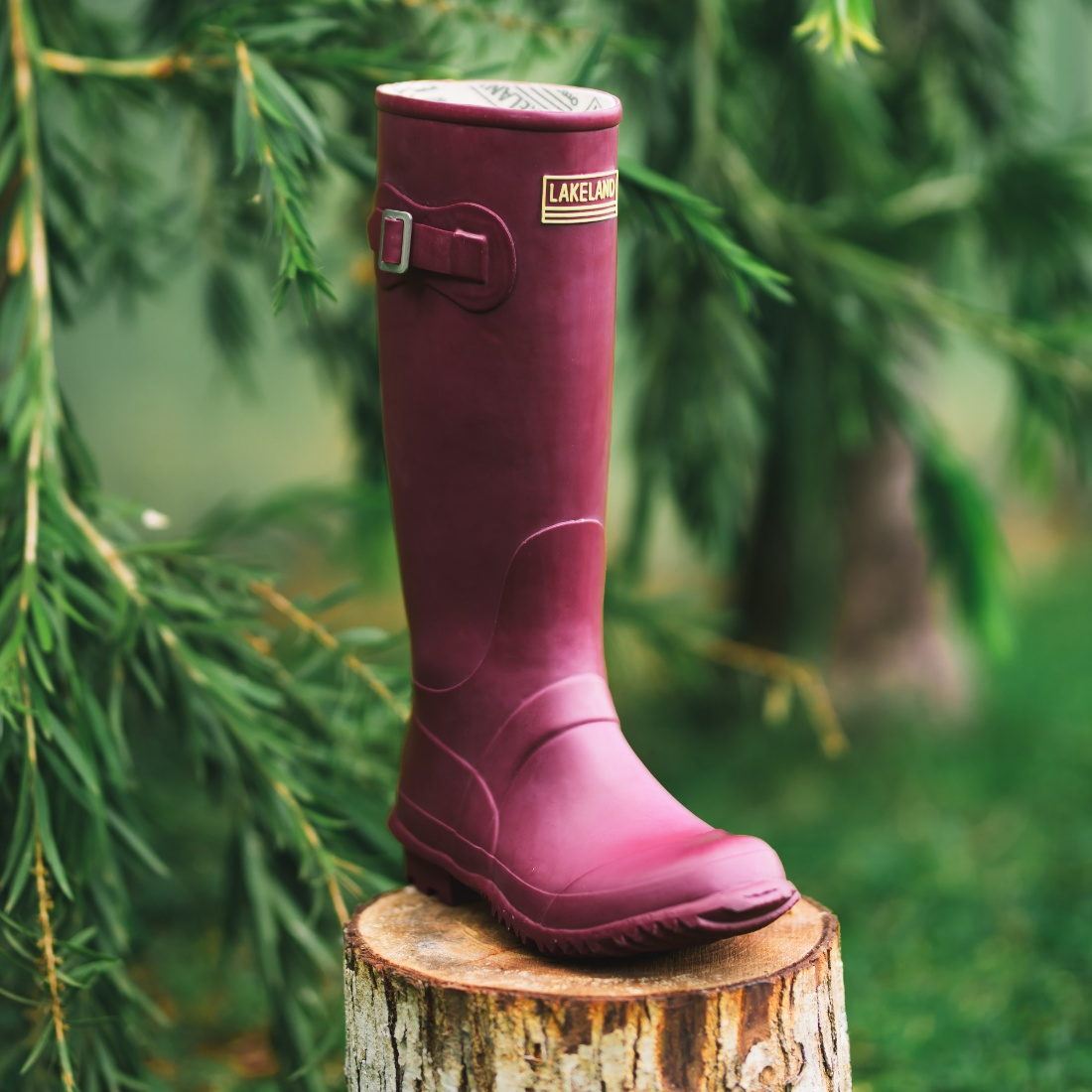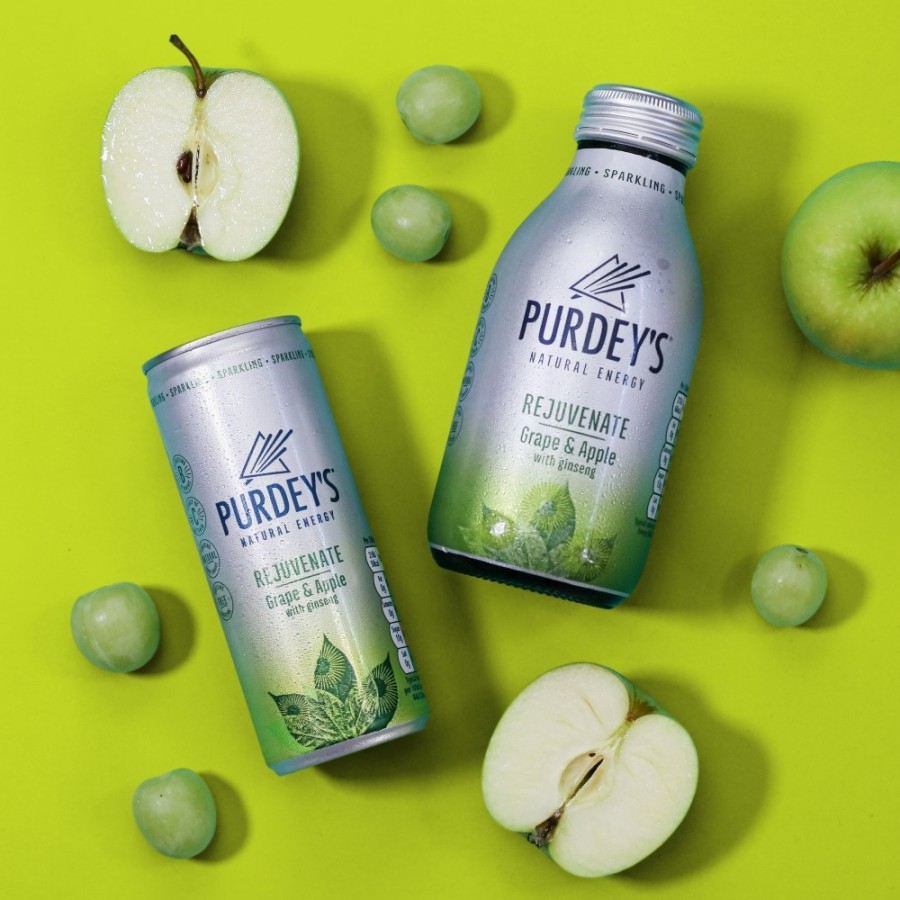
Energy drinks have recently been in the news, due to the government considering banning them for young people, due to many people becoming addicted to the high-caffeine drinks, which also contain refined sugar, are expensive and in some cases contain legal stimulants like L-carnitine, taurine and guarana. Designed to increase attention span, energy drinks increase heart rate and blood pressure, and cause serious health problems, if consumed excessively.
They are particulary popular with students who are cramming for exams, but can also stop the body relaxing and sleeping, making matters worse. Some young people have even had to visit hospital for emergency health conditions, related to drinking them. Common problems are serious dehydration, anxiety, insomnia and heart irregularity or even heart failure.
Although for most people a little caffeine (say to keep awake for an exam or on a long journey) is okay, too much causes problems, and it’s recommended to avoid caffeine completely for certain medical conditions (NHS says no more than 200mg of caffeine a day for pregnancy (1 cup of coffee or 2 cups of tea – chain stores coffees are stronger, so adjust or omit).
Almost half of all teens now drink energy drinks, though the American Academy of Pediatrics recommended they don’t consume any at all. Most contain glucose (fruit sugar) and artificial sweeteners to reduce the calorie content. Research suggests the main buyers are young males on low incomes, often with special educational needs (and girls sometimes drink them if they have skipped breakfast, due to eating disorders). Over-consumption also leads to stomach ache, hyperactivity and weak bones (too much caffeine can interfere with absorbing calcium).
So why do so many teens consume these energy drinks? One avenue is peer pressure and another is advertising. Some teens are also influenced by what their parents consume, but there is no limit legally on sale, unlike alcohol. In Sweden and Lithuania, such drinks are banned for under 15s, and other countries have taxes to reduce consumption.
better brands of energy drinks
The main alternatives suggested (like green tea) are realistically not going to be consumed by the teens drinking energy drinks, so what are the best alternatives? Nobody actually needs caffeine at all (and most people can’t afford trendy coconut waters and kombuca or matcha teas). So if you’re still going to buy them, at least choose better brands:
Do not take guaraná (an Amazon plant) or ginseng (a Korean/Chinese plant) for high blood pressure, nor the former for a host of medical conditions – ask your GP before consumption.
Purdey’s is widely sold in shops, in glass bottles or cans. Sweetened with stevia, these are made from sparkling water, fruits and botanicals in three flavours:
- Raspberry & rose (with magnesium for electrolyte balance)
- Grape & apple (with ginseng)
- Dark fruits (guarana)
Dr Vegan UltraEnergy is a plant-based supplement in compostable packaging, formulated by experts. Made from B vitamin complex for sustained energy, this also can protect from fatigue and supports heart health and brain function.
natural ways to get more energy
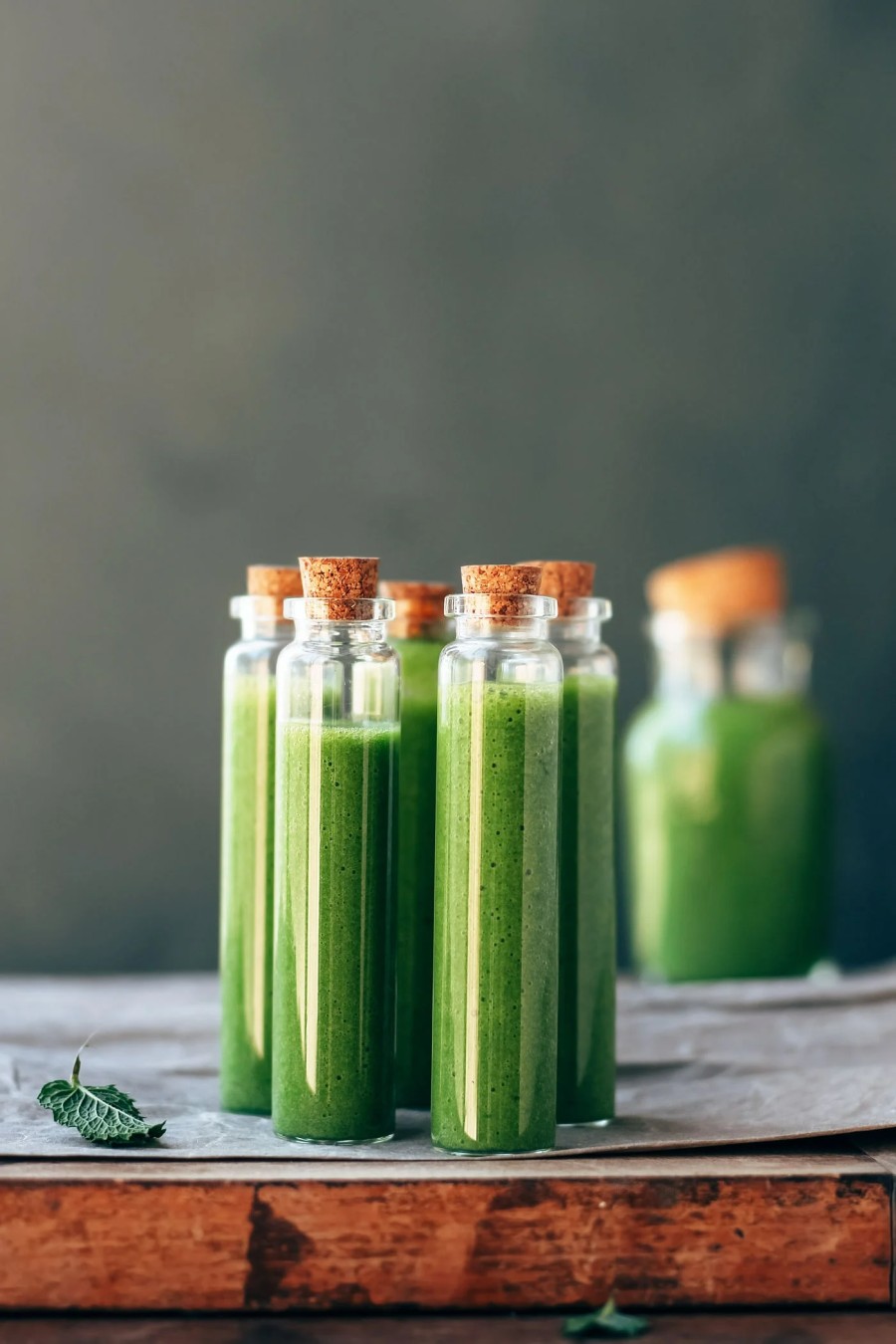
Wellness Green Elixir Shots (Full of Plants) are packed with energy-boosting ingredients. Richer than smoothies, with coconut milk and almond butter.
Have a life laundry. If you have stressful jobs, homes, commutes, relationships, friendships etc, it pays to sort these out first, to create a relaxing lifestyle. Seth Godin once wrote ‘Instead of wondering when our next vacation is, we should set up a life we don’t need to escape from’.
Look at your diet. Go for natural, whatever you eat. Lots of fresh (or even frozen/tinned) fruits and vegetables, wholegrains, legumes, herbs and spices. Buy a cookbook or just find natural foods at the store, and make something up, rather than eating refined foods that give little energy.
Drink water. Dehydration is a common issue of tiredness. If you just gradually build up to the recommendations (different for everyone, but as a rule, you should be drinking a 650ml reusable water bottle filled up twice to three times daily, depending on weather and exercise). Serious dehydration is dangerous so see a doctor (for mild dehydration, you can drink a can of 7Up (for sugar and salt) then eat a big bag of salty pretzels to make you thirsty enough to keep drinking lots of water or squash until rehydrated).
Give up alcohol. As above, this causes dehydration, and also makes you tired. This is a biggie. If you’re a serious alcoholic, see your doctor as coming straight off alcohol can be dangerous. Otherwise, gradually reduce or give up alcohol until you start to feel more energised.
Don’t over-exercise. We all need some exercise. But if you overdo it, you can get dehydrated. A gentle walk for 30 minutes is fine, but hours of addictive running etc can send you into feeling exhausted or dehydrated, or both.
Try to relax and rest. This is obvious. Take time to simply ‘do nothing’. One of the biggest contributors to feeling tired is stress.
If after all the above you still feel exhausted, get a blood test from your door, to check that you don’t have a medical condition like anaemia or underactive thyroid.
Around 10 years ago, a tiny Norfolk brewing company was told to change its name from ‘Redwell’ to something else, as it could ‘confuse consumers of Red Bull’. The brewery was shocked, as it did not even make energy drinks. The case was eventually settled without going to court. But it shows why it’s good to support small artisans. If the case had gone to court, it could have finished off an innocent little microbrewery.
the history of the original ‘energy drinks’
Lucozade (invented by a Newcastle pharmacist) is packed with glucose (sugar) and Ribena (originally created in 1938 as a free source of vitamin C for children and pregnant women) is also high in sugar. Liverpool City Council once ran a health campaign saying the former was a worst offender for sugar (the only good thing being it was often used as a diabetes emergency drink – but it’s been reformulated to also contain artificial sweeteners, so advice is now amended).
Another reason to not buy Lucozade is that it is (like packs of Pringles) one of the most difficult items to recycle, due to lots of different plastics and materials in one item. One Devon woman who went litter-picking for something do during lockdown, famously came across a Lucozade bottle that had been lying in the gutter since the 1990s. The brand applauded her and said this was a good story to encourage people to recycle?


